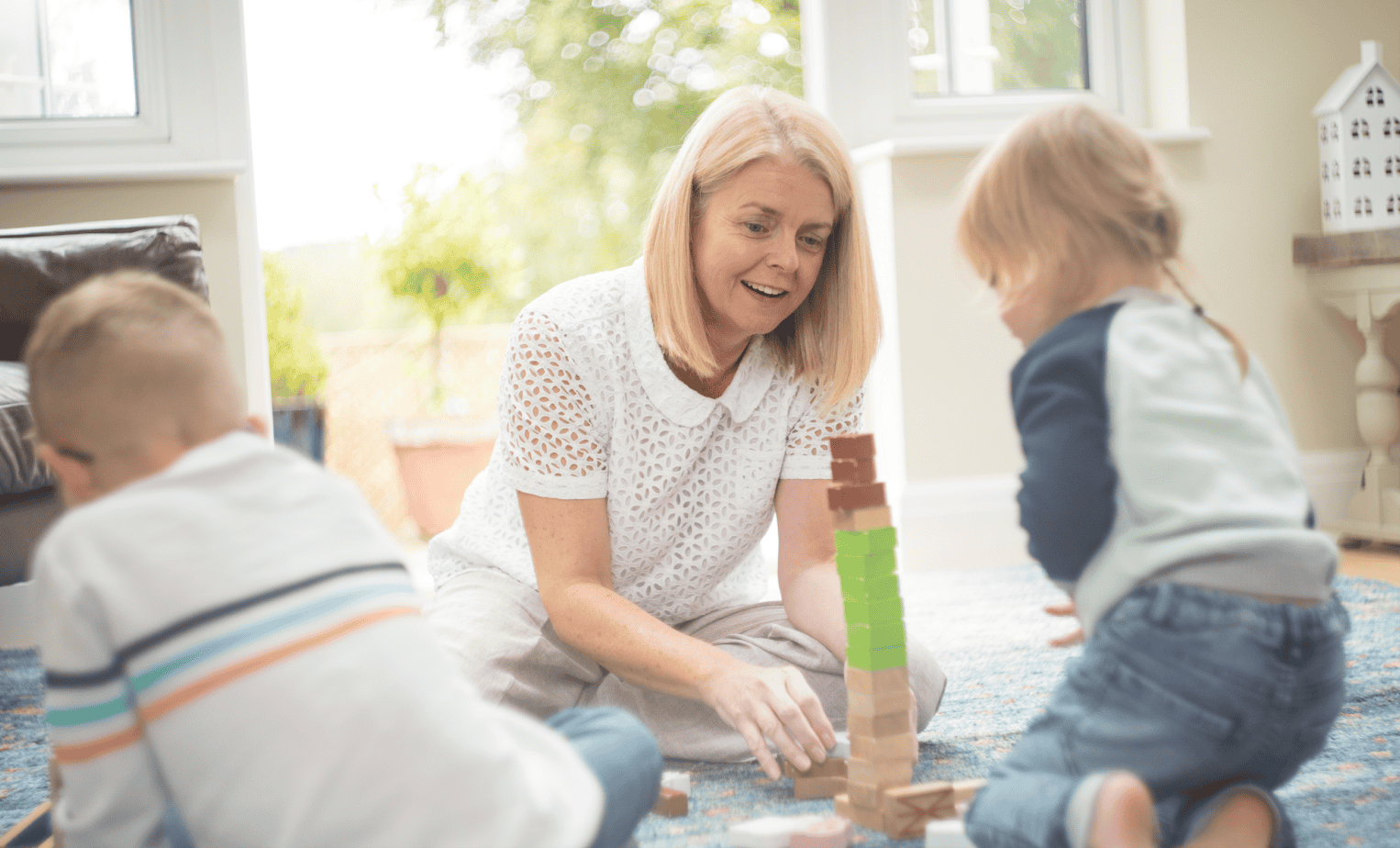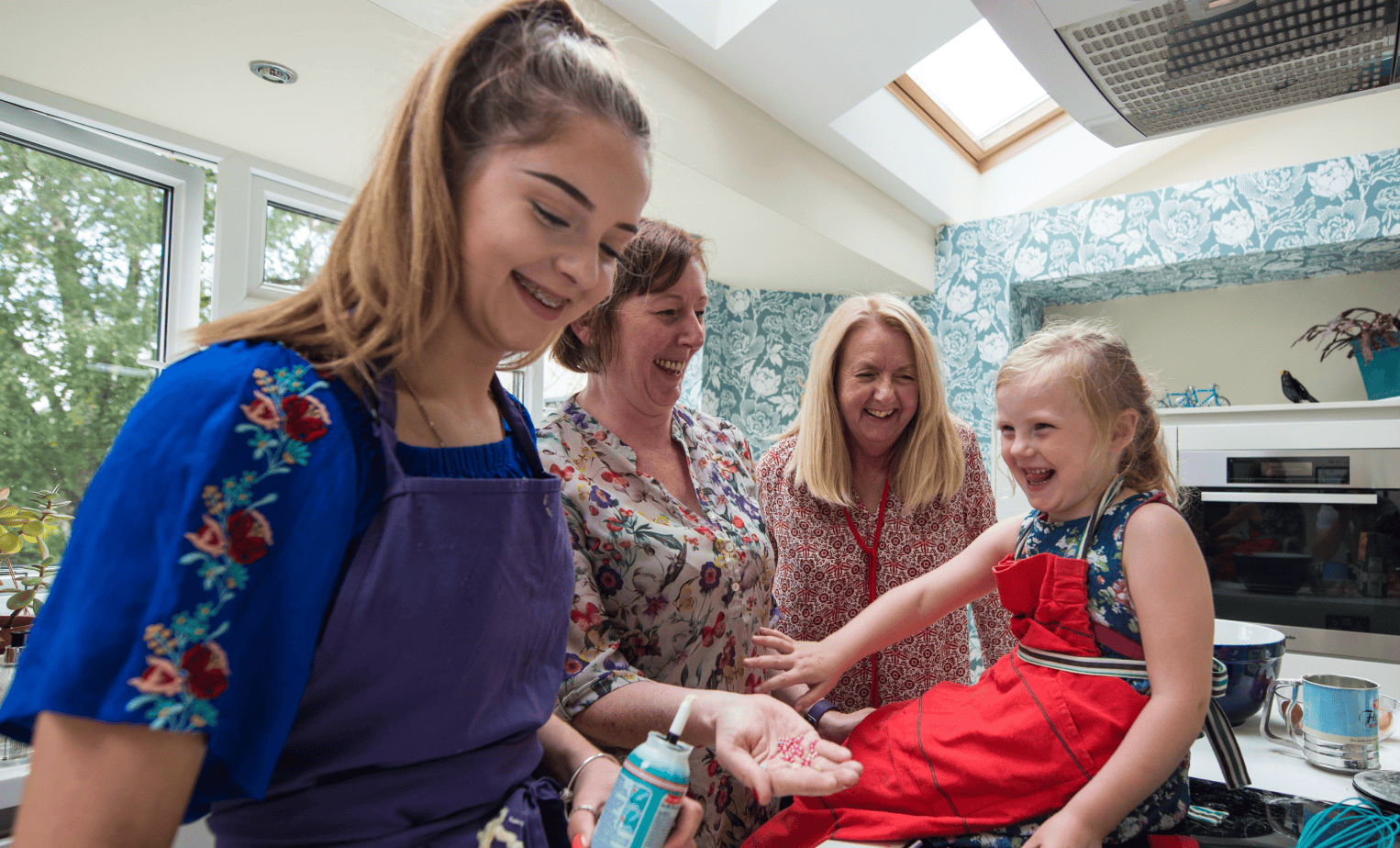Like many foster carers our carers had been thinking about fostering for a long time before they approached a fostering agency. Ten years is not uncommon in our experience but it can be shorter. The decision to foster is one of the most life-changing decisions a person can make, so no wonder it may take a while.
What made you choose To the Moon and Back Foster Care as your agency?
When we embarked on finding the right agency that suited our family, we created a questionnaire for ourselves and we asked each agency questions over the telephone… in effect we interviewed them for the role! Once we had shortlisted 3 agencies, we met with them all separately. Alison’s passion, coupled with the ethics of To the Moon and Back as a company, shone through and it was a very easy choice for us.
Our carers in this case were very confident in their approach when selecting their agency of choice. We actually loved the fact that they interviewed us.
How did you find the assessment process? Some people call it free therapy.
Not sure that we’d ever class the assessment process as free therapy but there were moments of enlightenment and enjoyment. It was an easy journey though, as the ultimate goal to foster stayed in our sights throughout.
The assessment of new foster carers is on the whole a very enlightening process. It is very detailed and has to meet various regulations set to ensure children are protected. We make the assessment comfortable and work with flexibility for the potential foster carers. We explain everything and work with empathy.
What was it really like to go through the independent panel questioning?
As a couple in our late 40’s and early 50’s we felt comfortable discussing openly our reactions and feelings. We have had a lot of previous experience raining young people and we were happy sharing it and answering questions that the panel posed to us.
We felt we could learn from what was shared by the people on the panel, we held them in high regard. We were asked formally to feed back our thoughts after the panel so we felt our voices were heard too as part of the process.
The process of being interviewed by our independent Panel is seen by some as very daunting, however in reality it is a very friendly meeting and they work hard to put prospective foster carers at ease. Their questions and suggestions are intended to helpfully identify the carer’s strengths and areas where support may be useful.
After approval, how long were you waiting before you had a child placed with you?
We were waiting for around 2 months. This was mainly due to our matching criteria, we have our own family and we were encouraged by the agency to make thoughtful decisions when looking at referrals of children, so that any children joining us would fit well in to our family. We were matched for siblings and made preparations for them, but when the case went to court the court order wasn’t awarded and therefore the children didn’t come to us. The build up to getting ready for children being placed involves a great deal and when the children then do not come it can feel disappointing, however afterwards you feel better and can re-focus, as usually there are other children’s needs to be considered.
We work hard to provide local placements for local children. It’s important to us that we make good matches of families to children. In our first inspection last year Ofsted highlighted our thorough process for matching. We have a duty of care to match families as best we can. A good match enables better outcomes for children by ensuring that they have consistency and an opportunity to build strong long-term relationships.
How involved were you in the decision to have children placed with you?
Very. Alison certainly made sure it was our decision to welcome our first young person, but in order for us to make the decision, she gave us good advice and guidance, as she always does.
Ofsted when inspecting us against the latest standards said this independent fostering agency is good because:
- Carers identify and are able to meet children’s individual needs.
- Work undertaken by the agency and the carers reduces risks to children.
- Placement matching is careful, considered and completed in partnership with the foster carers.
- Practice is innovative and child-centred. Children are at the heart of all decision-making.
- The agency’s statement of purpose is embedded throughout its work.
- Children develop interests and hobbies and have positive, family-based experiences.
- The agency has a strong focus on keeping children safe.
- Foster Carers describe strong support from the agency
- Children form good relationships with their carers
- Children develop interests and hobbies and have positive family based experiences
How much training and development have you had in the first year, how has it helped you in your role?
Just about enough, we have felt that what we have had and continue to have is enough to make you feel ready for the job, but we haven’t been snowed under as yet!
Development is a key area for new foster carers. There is a lot to learn initially, but it is in bite-sized chunks and individualised. It doesn’t need to be academic learning, it can be very practical or reflective. We have provided a variety of conferences where we all learn together alongside other professionals from within the community which has proved to be very successful as well as fun.
How have your own children adjusted to fostering?
They love it. Our 3 year old, 8 year old and nearly 10 year old have slipped into this so easily and naturally, it’s really surprised us in a positive way.
The provision of support for foster carer’s birth children is very important. The support of the foster carers by their supervising social worker includes monitoring of birth children in the family so that we can ensure their wellbeing is promoted and that they are able to contribute positively in the family.
What does good support look and feel like from the foster agency?
“Alison”! Having someone to talk to, almost anytime and being able to get quick answers to questions when faced with situations relating to our foster children is great and having a feeling that someone’s got your back and is willing to really help you when required.
Alison role models the individualised support we offer our foster carers, working proactively with tremendous sensitivity and encouragement, building great relationships on a platform of trust.
What advice would you give to someone looking for a foster agency?
Do lots of research, take your time and don’t be swayed by large remuneration packages, they may well look good on the face of it, but please, please, do not judge an agency by what they pay, rather look at what you get as a whole to support you in your fostering role.
We have created a checklist for people looking for a fostering agency, which can be downloaded from our website. Going back to the survey Why Do Foster Carers Care 2013, financial remuneration is not high on the list, but fairness around pay is considered by some and providing that, comes down to the agency using the resources available to them to offer the best support for the child. The ethos of a company is important and it goes beyond what the marketing says.
What have been the biggest fostering challenges?
The “system” – dealing with the local authorities in their procedural ways, can be a challenge as they feel antiquated at times but that’s just our opinion of course. We know it’s a different way of working and we have had to make some adjustments about our expectations, with help from Alison.
We all work together as part of a multidisciplinary team around the children we support. As foster carers you are considered equal in the team, but as such are expected to play an equal part. It’s important to learn about the different ways we all work so that we can ensure we challenge where required. There are legislative parts of our work that cannot be changed and it is done for a reason. Whilst potentially frustrating when not used to it, it is our role to explain what is happening and why, because ensuring understanding is part of the foster carers development that we are here to support.
What have been the absolute fostering high points for you?
Watching a young person grow and change before your eyes, into the person they should have always been allowed to be, themselves. Priceless!
We couldn’t have put this better ourselves. It is indeed priceless, seeing young people grow. Polish doctor and pedagogue Janusz Korczak said
“Children are not the people of tomorrow, but are people of today. They are entitled to be taken seriously. They have a right to be treated by adults with respect, as equals. They should be allowed to grow into whoever they were meant to be – the unknown person inside each of them is the hope for the future.”
Janusz Korczak (1879-1942)
References: Why Foster Carers Care Fostering Network 2013



